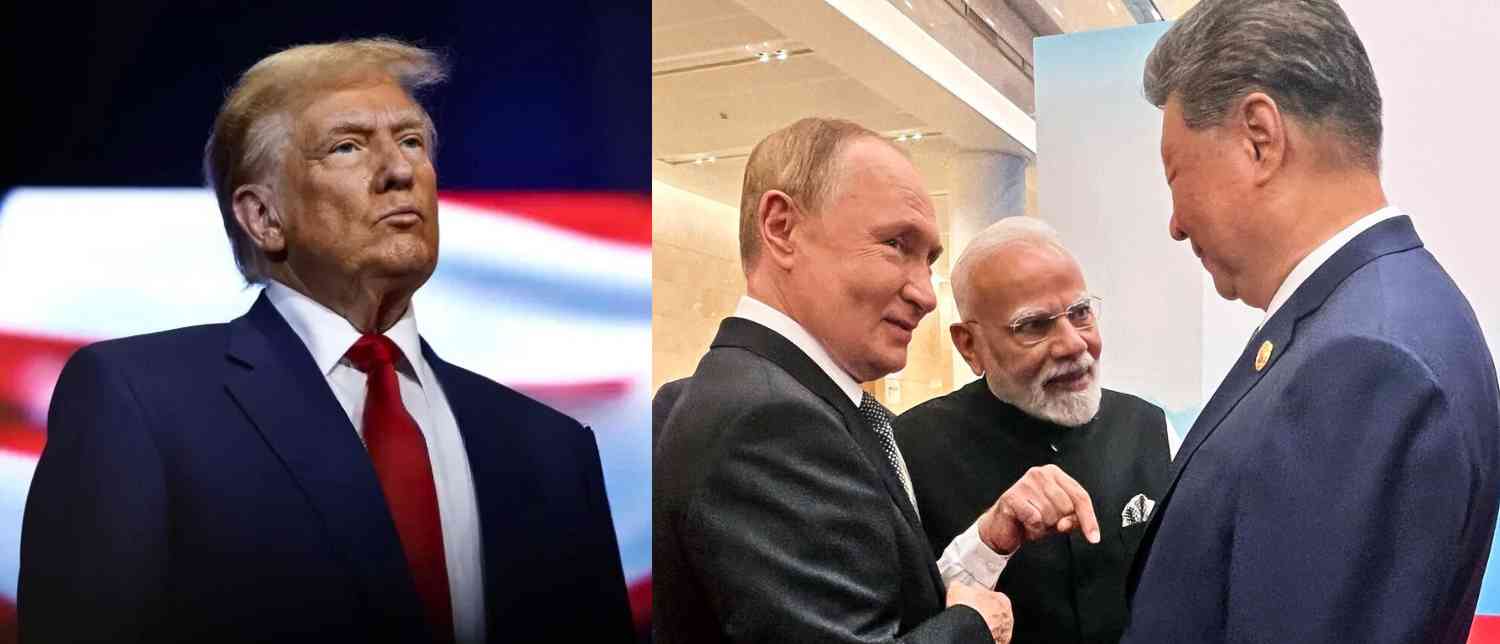US President Donald Trump, in his recent address at the 80th United Nations General Assembly (UNGA) on September 23, 2025, repeated his claim that China and India are the main funders of Russia’s ongoing war in Ukraine. He accused both countries of continuing to purchase Russian oil, thereby providing financial support for Moscow’s military campaign. Trump also criticized NATO countries for failing to cut off Russian energy imports adequately, asserting that such purchases from Russia ironically fund the war against themselves.
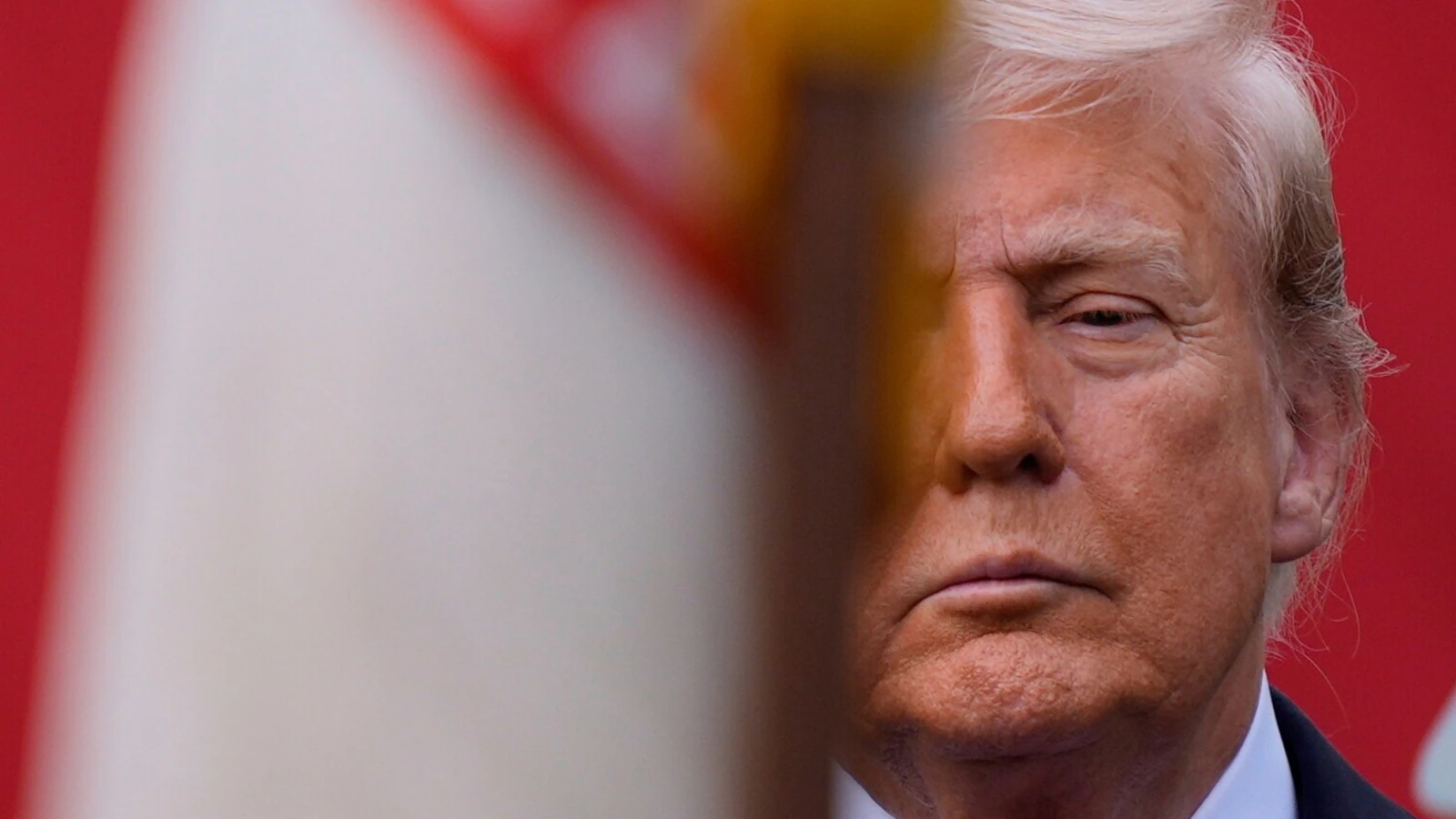
Trump claimed that the war in Ukraine should have ended swiftly, citing his personal relationship with Russian President Vladimir Putin as a potential facilitator for peace. He lamented that the conflict, which he hoped could have been resolved in days, has continued for over three years. Addressing the global community, he warned that if Russia does not agree to a peace deal soon, the United States is prepared to impose a potent new round of tariffs targeting countries that continue to buy Russian energy products. For these tariffs to be effective, Trump urged European nations to join the US in adopting similar measures.
The current US administration had already doubled tariffs on Indian exports to 50% in August 2025 as a punitive step aimed at pressuring India to curtail its purchases of Russian oil. China, on the other hand, has so far been spared from such trade penalties, although Trump indicated readiness to extend sanctions once NATO member states agree.
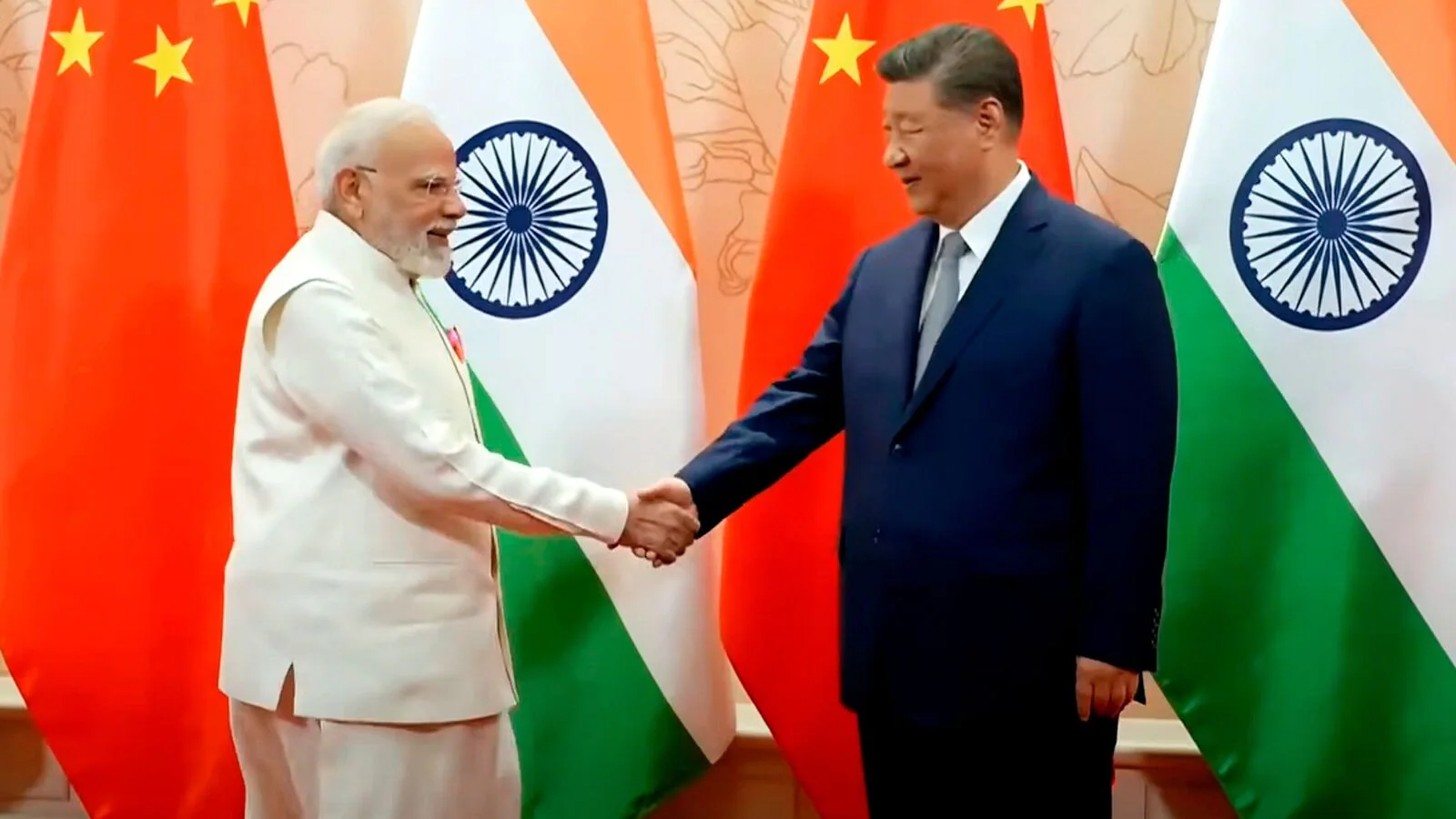
India's Ministry of External Affairs has called Trump's criticism "unjustified and unreasonable," defending its imports of Russian oil as a necessary response to global market conditions to ensure affordable energy security for its population. Indian officials have also pointed out the perceived hypocrisy of Western nations, including the US and the European Union, which continue to buy Russian goods worth billions of dollars. They emphasize that India’s trade does not violate international laws and is vital for its national economic interests.
From a broader perspective, these developments underscore the complex geopolitical and economic dynamics surrounding the Ukraine conflict. While the US aims to leverage economic pressure to push Russia into negotiations, countries like India and China maintain a pragmatic approach driven by their energy needs and economic security priorities. Both India and China have strategic relationships with Russia that predate the current war and reflect a multifaceted balance of international alliances.
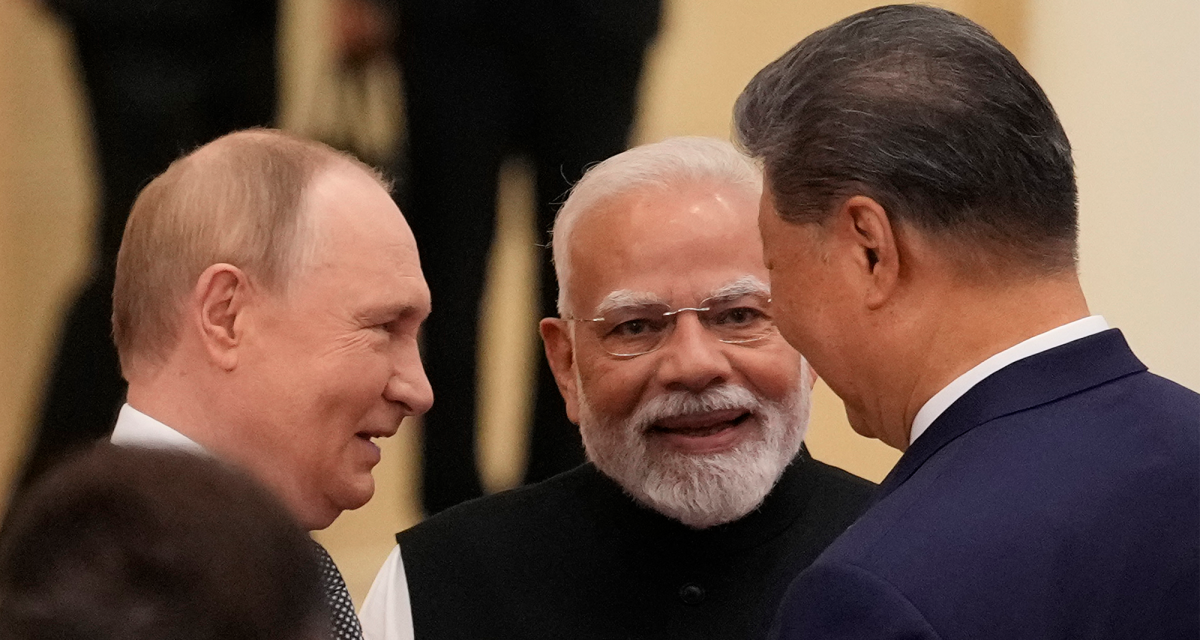
Trump’s tariff moves and public accusations come at a time when global supply chains and alliances are fluid. The increasing tensions have prompted diplomatic recalibrations, such as India's efforts to balance its Western ties with closer relations toward China and Russia, despite long-standing rivalries and border disputes. The Russia-India-China triangle represents a nuanced geopolitical reality where necessity governs decisions more than trust or ideological alignment.
In summary, Trump's statements at the UN reiterate his administration's tough stance on Russia's war and the countries seen as indirectly sustaining it through energy purchases. However, the responses from India and the broader international community highlight a landscape where economic interests, diplomatic strategies, and geopolitical rivalries intersect, making the path to peace and resolution far from straightforward.
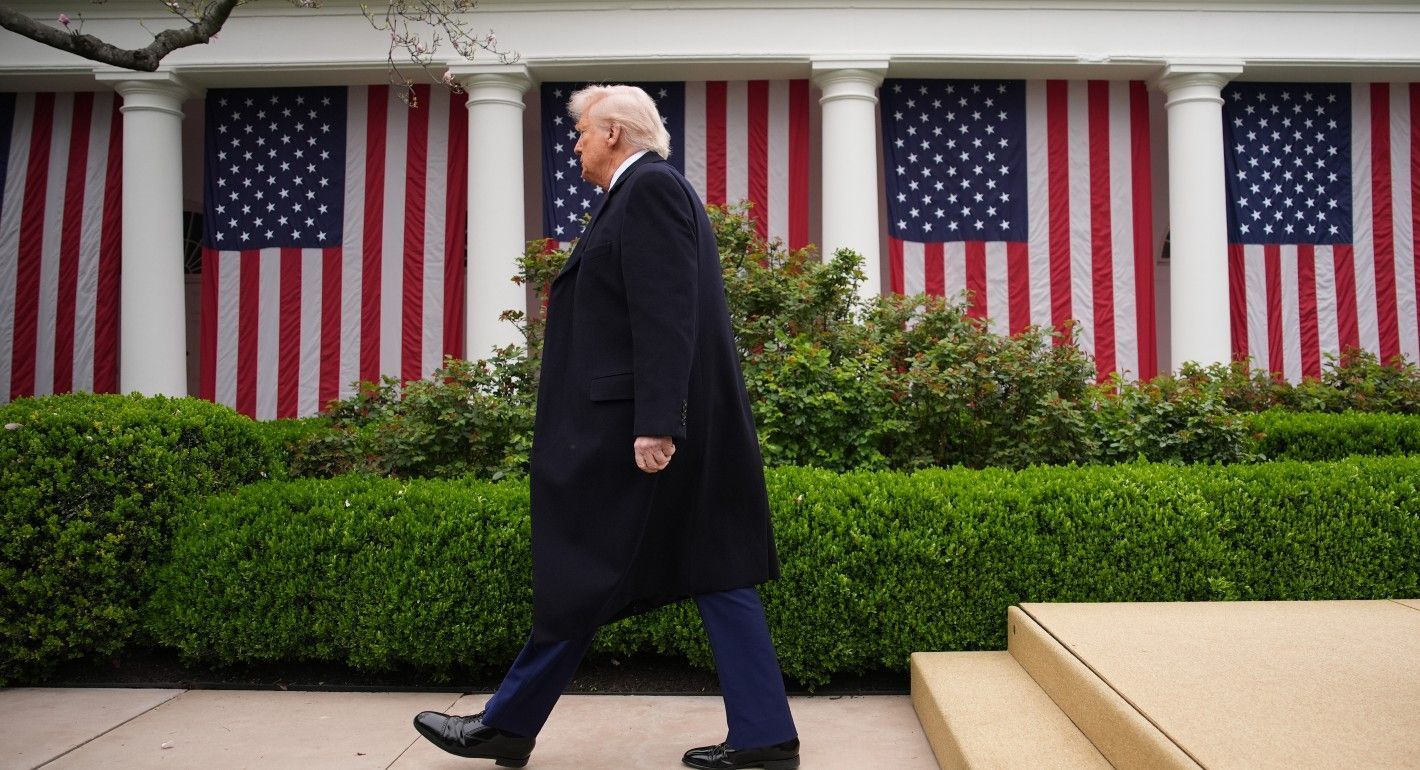
This situation exemplifies the challenges of achieving consensus in global politics, where accusations and tariffs interact with strategic imperatives of energy security and economic independence. The coming months will likely reveal whether such economic pressures translate into tangible progress towards ending the conflict or further complicate international relations.
With inputs from agencies
Image Source: Multiple agencies
© Copyright 2025. All Rights Reserved. Powered by Vygr Media.

